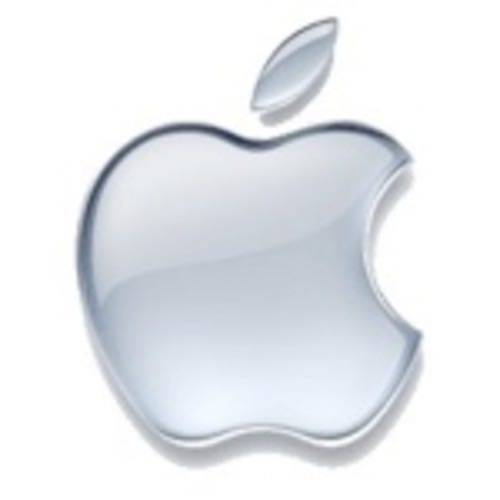Since announcing its new subscription plan last week, Apple’s move to collect a 30% cut of revenue has had raised the ire of a number of developers and commentators. Mike Melanson offered a round-up on some of the initial reactions, that ranged from “greedy” to “anti-competitive” to “Brilliant, Brazen or Batsh*t Crazy.

Apple’s 30% fee is posing problems for a number of companies and developers – those who’ve built their businesses around the existing rules, for example, and those who don’t have the margins to be able to hand over such a cut to Apple. Companies that have raised questions about the new policy run the gamut – music streaming services, e-book sellers, and software-as-a-service developers; big companies and startups alike.
No Margin for That 30% Cut
The expletives that came from Last.fm co-founder Richard Jones last week may be one of the most colorful responses to Apple’s announcement, but his analysis speaks to the core of many developers’ concerns. Jones said in an IRC chatroom that “apple just f***ed over online music subs for the iphone.” Jones hinted that Apple may have plans to launch its own streaming service and is therefore attempting to squeeze out the competition. But whether that’s the case or not, he contends that “many services can’t survive a 30 percent loss of revenue.” Jones specifically mentions Spotify, reportedly poised to make its entry in U.S. markets, arguing that he can’t imagine its “margins are anywhere near 30 percent.”
Trouble for Alternative Funding Models
Readability just announced this morning that its iOS app had been rejected by Apple as the startup wasn’t running its service through the new subscription plan guidelines.
Readability offers a service whereby it redesigns Web pages – stripping out ads and resizing text, for example – in order to make online content more legible. Users pay a monthly subscription fee to use Readability, which in turn offers a unique funding model for publishers – the company gives them a 70% cut of the revenue from folks’ reading lists. “If we implemented In App purchasing,” writes Readability in an Open Letter to Apple, “your 30% cut drastically undermines a key premise of how Readability works.”
No Room in the Store for Big Catalogs
Jim Dovey, formerly the Apple Platforms Team Lead for the e-bookseller Kobo had raised another key stumbling block. As it currently stands, there’s a cap on the number of items you can sell via in-app purchases. According to Dovey, Apple’s “in-app purchasing system only allows 3000 or 3500 distinct items to be in your catalog (depending who you talk to). Kobo and Amazon each have around 2.5 million titles. Judging by the title of Kobo’s app, 1.8 million are public domain (or otherwise free), so some 700,000 are paid titles, which they are under obligation to the content owners to make available for sale to all their users.”
The dissatisfaction isn’t only coming from developers or companies who’ve invested in the Apple third-party ecosystem. PaidContent.org reports that anti-trust regulators are looking into Apple’s subscription plan. But in the meantime, angry developers are looking at their own alternatives.
As Readability notes in its blog post today, “To be clear, we believe you have every right to push forward such a policy. In our view, it’s your hardware and your channel and you can put forth any policy you like. But to impose this course on any web service or web application that delivers any value outside of iOS will only discourage smaller ventures like ours to invest in iOS apps for our services. As far as Readability is concerned, our response is fairly straight-forward: go the other way… towards the web.”
It seems likely that others will follow suit – putting their development efforts into the mobile web or into alternate operating systems (namely Android).









